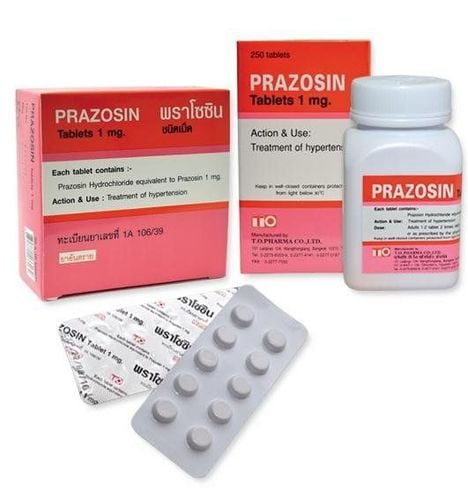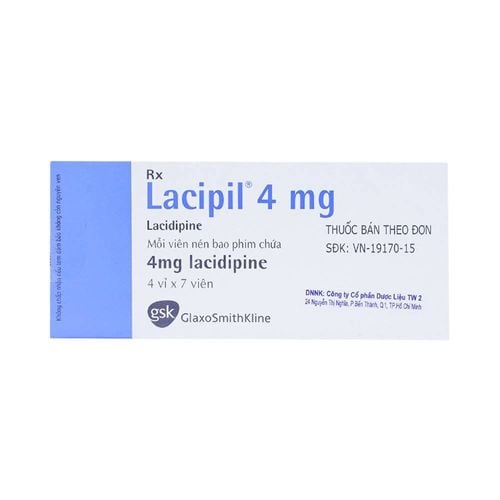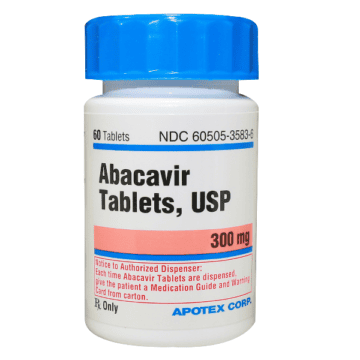This is an automatically translated article.
Salt, added sugars, full fat dairy products and processed foods are some of the top culprits for high blood pressure. A diet high in whole grains has been shown to reduce the risk of metabolic cardiovascular disease, type 2 diabetes, overweight, obesity, and some forms of cancer. So can whole grains lower blood pressure? Read more to understand better.
1. Recommended foods for people with high blood pressure
While it's important for everyone to eat a healthy diet, people with high blood pressure may need to pay special attention to what they eat. Following a heart-healthy diet is an important component of managing blood pressure and reducing your risk of conditions associated with high blood pressure such as heart attack, heart disease, and stroke.
The fundamentals of healthy eating are the foundation for people with high blood pressure. These include eating a diet low in saturated and trans fats, sodium, and added sugars. To help you stay consistent with your goals, keeping a diary of what you eat can be helpful. Pay attention to portion sizes, frequency of meals and snacks, and whether you eat more or less during times of stress.
However, if you are looking for a specific nutrition plan that outlines exactly what you should and shouldn't eat, you can consider the DASH plan, which stands for Dietary Approaches to Stop Hypertension. This plan, endorsed by the American Heart Association and has been shown to be effective in reducing both systolic and diastolic blood pressure for all types of patients.
If you already have high blood pressure, eating more whole grain foods can help lower your blood pressure.
The Dietary Approaches to Stop Hypertension (DASH) diet and the Mediterranean diet both recommend including whole grains as part of a healthy diet.
According to the Dietary Guidelines for Americans, as part of an overall healthy diet, adults should eat at least 85 grams of whole grain foods per day, or the equivalent of three slices of bread whole bran.
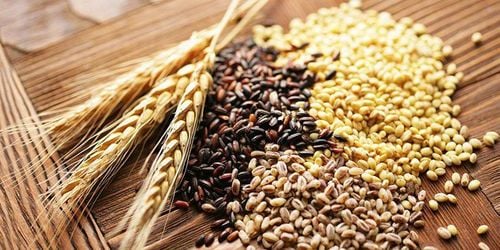
Ngũ cốc nguyên hạt được đánh giá là thực phẩm giảm huyết áp
2. Can whole grain foods lower blood pressure?
2.1. What are whole grain foods?
Whole grains contain all of the edible parts of the grain, including the bran, germ, and endosperm. Whole grains are unrefined and contain these ingredients in natural proportions. Whole grains are packed with healthy nutrients, including fiber, protein, B vitamins, potassium, folate, and minerals (e.g., iron, zinc, copper, magnesium, and selenium).
When shopping for healthy foods to lower blood pressure, keep these grains in mind:
Whole corn • Whole oats or oatmeal • Brown rice • Whole grain rye Whole grain barley • Wild rice Wild • Buckwheat • Bulgur (cracked wheat) • Millet • Quinoa • Sorghum
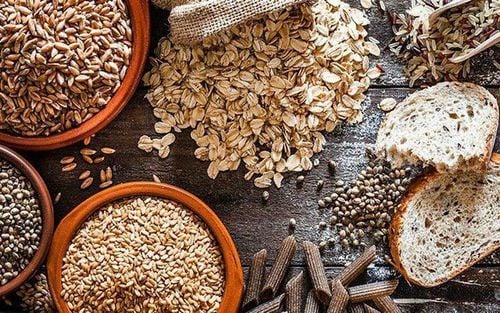
Ngũ cốc nguyên hạt chứa nhiều thành phần dinh dưỡng
2.2. Whole grains and high blood pressure
Whole grain foods are good for you. They are a powerful source of complex carbohydrates (a great source of long-term energy) and can help control cholesterol and balance the secretion of hormones like insulin. These hormone-balancing effects can help reduce cravings and reduce body weight, which is another important aspect of managing high blood pressure.
Eating whole nuts may help lower blood pressure enough to reduce your need for blood pressure medication. The Dietary Approaches to Stop Hypertension (DASH) eating plan recommends a diet rich in fruits, vegetables, free of dairy and dairy products or low in fat, fish, and poultry. poultry , beans , seeds , cereals nuts and seeds and whole unsalted .
Eating more whole-grain foods has many health benefits that may combine to help reduce the risk of high blood pressure by:
Aids in weight control, as whole-grain foods can make makes you feel fuller longer Increases your potassium intake, which has been linked to lower blood pressure Lowers the risk of insulin resistance Reduces damage to your blood vessels Eating just one serving of whole grains daily can help prevent blood clots high blood pressure — and more servings can lower your risk even more.
The rate of high blood pressure among study participants for a decade was reduced by 4% with each daily serving of whole grains.
4% doesn't sound like a huge advantage. But since high blood pressure makes heart attacks, strokes, and a host of other health problems more likely, every small step counts.
New research tracks whole grain intake in nearly 29,000 US women who are health care workers.
When the study began in 1992, the women were at least 45 years old and on average in their early to mid-50s. They completed surveys about the foods they ate in the previous year.
The women were followed for an average of 10 years. During that time, a total of 8,722 women in the group were newly diagnosed with high blood pressure (hypertension).
Compared with women who reported eating less than half a daily serving of whole grains, women who claimed to eat at least four daily servings of whole grains were less likely to be diagnosed with high blood pressure about 23% during the study period.
Those findings were not influenced by other factors including age, vigorous exercise, smoking, and other dietary habits.
Refined grains, such as white bread, have no effect on women's incidence of high blood pressure.
Researchers write that the fiber and nutrients in whole grains may help prevent high blood pressure, including Lu Wang, MD, of the division of preventive medicine at Harvard Medical School and Brigham Hospital and Women in Boston.
Research has some limitations. The women only completed the survey once, so any dietary changes they made over the years were not reflected in the data. Additionally, some women may have misreported their dietary habits. It's also unclear whether the findings apply to other groups of people.
According to the American Heart Association, natural sources of potassium, such as whole grains, are important in controlling blood pressure because potassium reduces the effects of sodium. As part of a healthy diet, adults should eat at least 85 grams of whole-grain foods per day (about 3 ounces, the equivalent of three slices of whole-wheat bread).
If you have any questions related to the topic of nutrition for the body that need advice from a doctor, you can leave your question in the ASK VINMEC DOCTOR section directly on the hospital website. Your question will be sent to the doctor and you will receive a consultation as soon as possible!
Please dial HOTLINE for more information or register for an appointment HERE. Download MyVinmec app to make appointments faster and to manage your bookings easily.
References: verywellhealth.com, mayoclinic.org, webmd.com, mccartyweightloss.com







